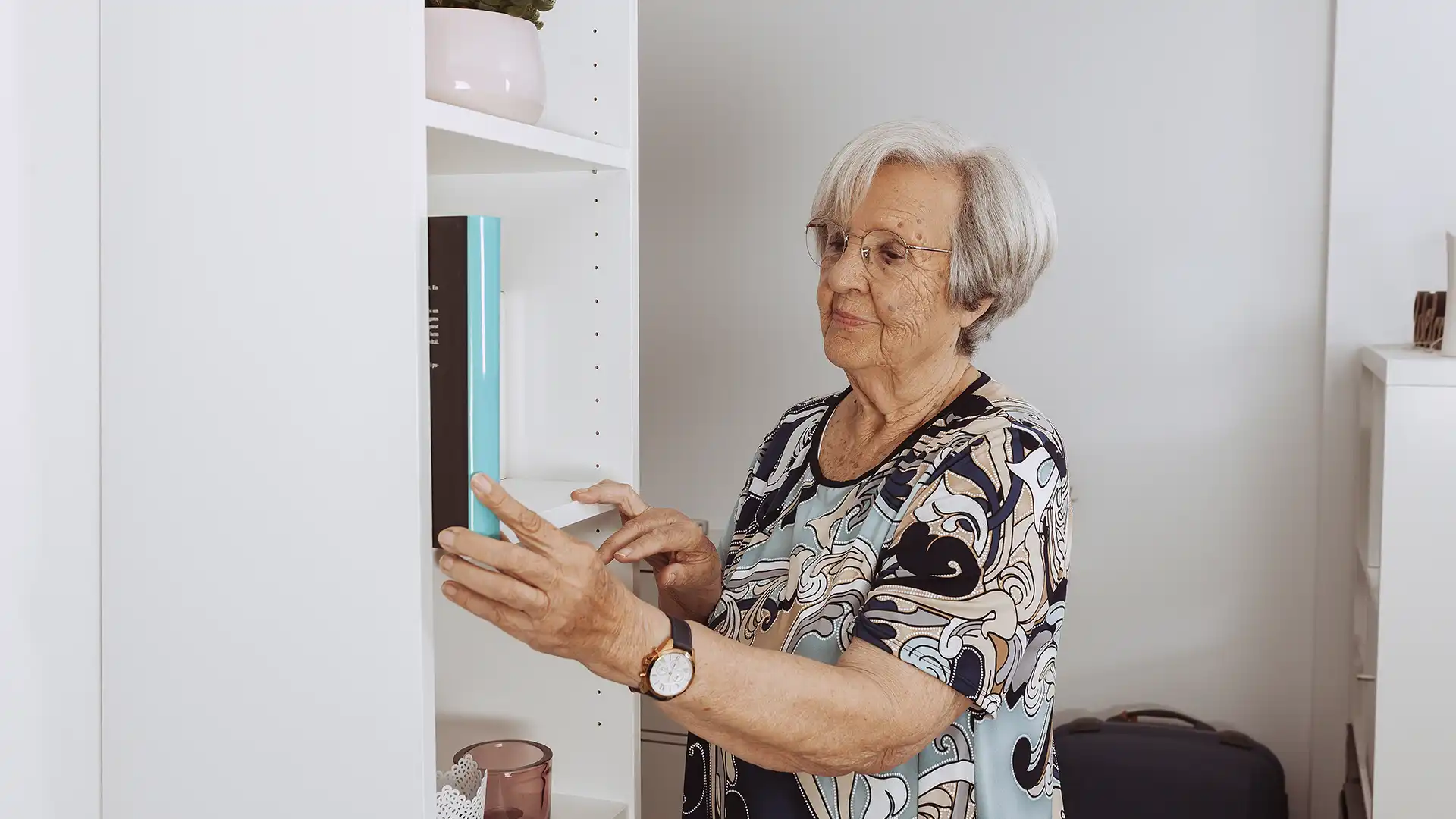Did you know that, according to the International Foundation for Gastrointestinal Disorders, up to 15% of the world’s population suffers from Irritable Bowel Syndrome (IBS)?
If you’re part of this statistic, you’ve likely tried various treatments with varying degrees of success.
Now, you’re probably curious about the potential of hypnosis as a tool for managing your IBS symptoms.
Well, you’re in for a treat. In the following guide, we’ll walk you through the ins and outs of using hypnosis for IBS relief, and by the end, you might find an unexpected path to alleviating your discomfort.
So, why not stick around and explore this intriguing possibility?
Key Takeaways
- IBS affects up to 15% of the world’s population.
- Gut-directed hypnotherapy has a success rate of over 70% in targeting IBS symptoms.
- Hypnotherapy induces deep relaxation and aims to influence the subconscious mind.
- Implementing hypnosis in your IBS treatment plan can improve symptoms and quality of life.
Understanding Irritable Bowel Syndrome (IBS)
Navigating through life with Irritable Bowel Syndrome (IBS) can be challenging, given its requirement for long-term management involving restrictive diets and medications. Understanding IBS is your first step to managing it effectively. It’s a disorder that affects your gastrointestinal tract, causing symptoms like abdominal pain, bloating, and unusual bowel habits.
If you’ve been diagnosed with IBS, it’s critical to comprehend its complexities. This disorder can drastically affect your quality of life, leading to both physical discomfort and emotional distress. Its symptoms can be unpredictable, ranging from mild to severe.
Gut directed hypnotherapy, used for almost 40 years now, targets these IBS symptoms, modifying your brain’s processing of gut signals. With a success rate of over 70%, it’s a non-invasive treatment option to consider. Hypnosis can control gut function, offering relief that may not be possible with diet modifications and medication alone.
The Basics of Hypnotherapy
While understanding the complexities of IBS is crucial, it’s equally vital to familiarize yourself with the basics of hypnotherapy, a long-standing, effective treatment approach. Hypnotherapy induces a deep state of relaxation, aiming to influence your subconscious mind. It doesn’t involve a loss of control. Rather, it’s used to modify behaviours and thought patterns, addressing the psychological and emotional factors contributing to physical symptoms.
Gut-directed hypnotherapy, a branch of this treatment, has been specifically used to treat IBS. Through this, you can learn techniques to manage stress and anxiety, directly impacting your gut health.
Let’s break down the basics of hypnotherapy:
Hypnotherapy Basics Impact on IBS Induces deep relaxation Eases gut discomfort Influences subconscious mind Modifies behaviour and thought patterns It does not involve loss of control Empowers you to manage symptoms Addresses emotional factors Tackles stress-triggered IBS Teaches stress management Reduces frequency of IBS flare-ups
Hypnotherapy Techniques for IBS Relief
If you’re grappling with IBS, diving into the world of gut-directed hypnotherapy might offer the relief you’ve been seeking. As a specific form of medical hypnosis, these hypnotherapy techniques for IBS relief target gastrointestinal disorders, focusing particularly on controlling stomach acid production and gut sensitivity.
For nearly 40 years, gut-directed hypnotherapy has been used with success rates of over 70%, showing higher response rates in women. This non-invasive treatment is ideal for IBS patients, improving not only physical symptoms but also reducing associated anxiety and depression.
Using hypnosis for IBS relief involves deep relaxation techniques. With a skilled practitioner, you’ll be guided into deep relaxation, where your subconscious mind becomes more receptive. Here, positive suggestions and imagery are introduced to change your perception of discomfort and pain and to promote healthier gut behaviour.
Implementing Hypnosis in Your IBS Treatment
Incorporating gut-directed hypnotherapy into your IBS treatment plan could significantly alleviate your symptoms and improve your overall quality of life. This form of hypnotherapy specifically targets the irritability and discomfort that IBS can cause.
When implementing hypnosis in your IBS treatment, it’s crucial to understand the process and its potential benefits:
- Gut-directed hypnotherapy has been used for almost 40 years, showing effectiveness in reducing physical symptoms, anxiety, and depression associated with IBS.
- The non-invasive nature of this treatment makes it ideal for managing IBS, with a success rate of over 70%.
- Hypnotherapy teaches individuals to influence and control gut function, changing how the brain regulates gut activity.
For further support, consider these additional resources:
- A website dedicated to providing information and tips on managing IBS.
- A free Facebook group that allows for communication and support among those dealing with IBS.
- A YouTube channel with content focusing on managing IBS.
Measuring the Effectiveness of Hypnosis
To truly grasp the impact of hypnosis on your IBS symptoms, it’s essential to track changes over time using both objective measures and subjective feedback. By noting the frequency and severity of your symptoms pre- and post-hypnosis, you’ll be able to gauge the effectiveness of this approach. This is where the objective measures come into play.
However, the true measure of IBS relief isn’t only in the numbers. Your subjective feedback is equally important in evaluating the success of hypnosis. How do you feel? Do you perceive an improvement after your hypnosis sessions? These personal insights make your experience unique and are crucial in measuring the effectiveness of the hypnosis.
Additionally, comparing your quality of life assessments before and after hypnotherapy can provide valuable insights into the benefits of hypnosis for IBS. Also, standardized psychological assessments can be utilized to evaluate the impact of hypnotherapy on any anxiety or depression related to your IBS.
This step-by-step guide isn’t just about implementing hypnosis but tracking and evaluating its effectiveness. You can make informed decisions about your IBS treatment by objectively and subjectively assessing your progress.
Frequently Asked Questions
Does Hypnotherapy Work for Ibs?
Yes, hypnotherapy can work for IBS. It’s shown to control symptoms in about 70% of cases. However, you’ll need regular sessions and there may be limitations. Side effects are minimal but worth exploring.
Is There an App for Hypnotherapy for Ibs?
Yes, there are apps for hypnotherapy for IBS. You must consider app selection, hypnotherapy cost, user testimonials, and privacy concerns. Do thorough research to find the one that suits your needs best.
What Hypnotherapy App Eases Irritable Bowel Syndrome Symptoms in 6 Weeks?
You’re looking for the IBS Relief Program app. It’s effective, offering a 6-week hypnotherapy duration, accessible treatment from home, and has been positively reviewed by patients for easing IBS symptoms.
How Effective Is Gut-Directed Hypnotherapy?
You’ll find gut-directed hypnotherapy highly effective. It’s been successful in 70% of cases, improving both physical symptoms and mental health. Combined with dietary influence, this approach results in potent therapeutic techniques for IBS relief.
Conclusion
In conclusion, hypnosis can be a potent tool in your battle against IBS. It’s a safe, non-invasive treatment that can help reduce your physical symptoms and bolster your mental health.
With the right techniques and continued practice, you may find significant relief. Remember, you’re not alone in this journey. Reach out to the additional resources provided for further support.
Keep track of your progress and stay hopeful. Your relief may be just a few hypnosis sessions away.




















